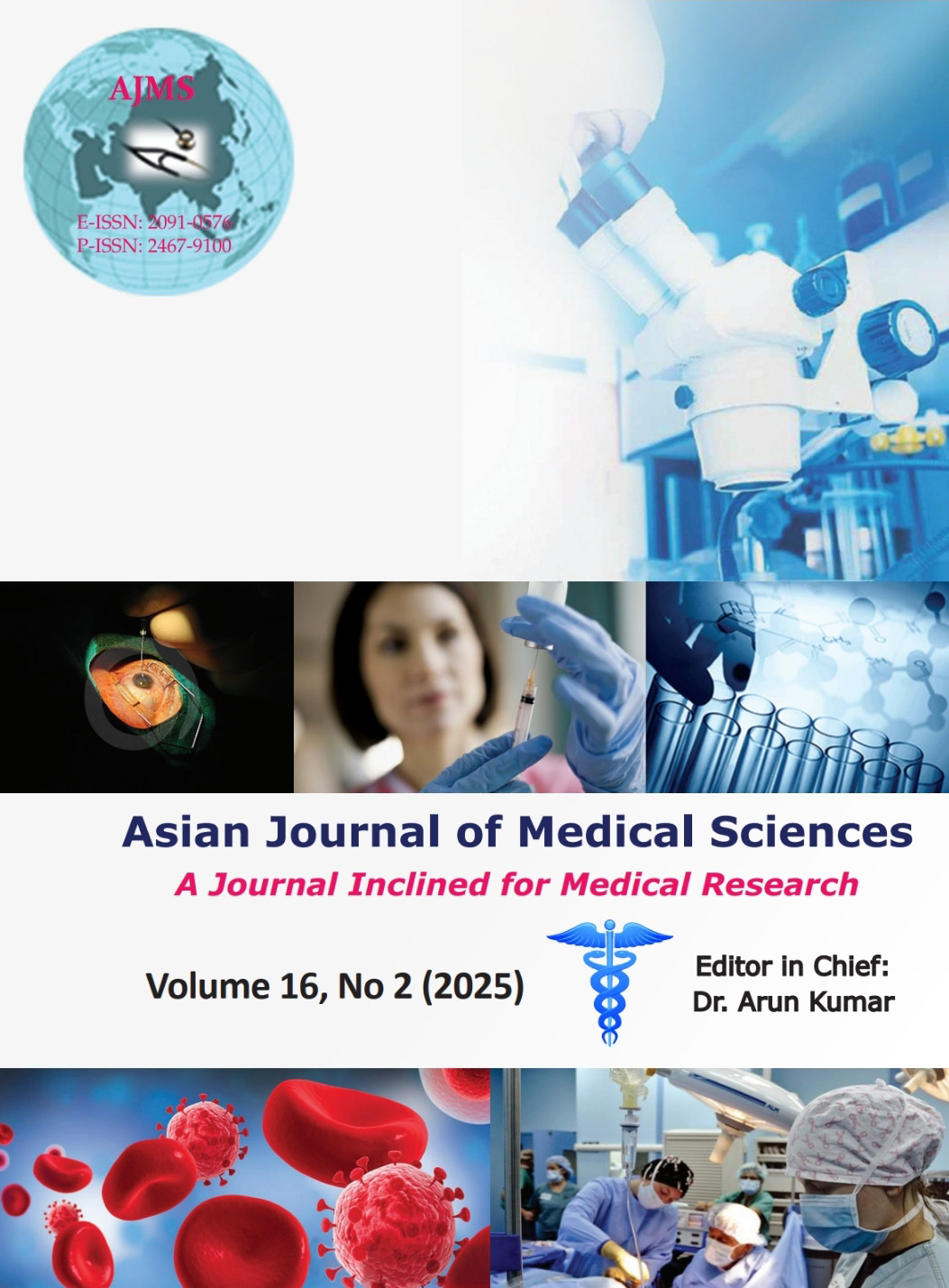Parental conflicts and resource sharing: Evolutionary trade-off
Keywords:
Evolution; Parental conflict; Resource sharing; Offspring priority; Sexual reproductionAbstract
The genetic struggle between parents and their offspring is a fundamental aspect of kin selection theory and the gene-centered perspective of evolution. Parental resource conflict, or parent-offspring conflict, is an intriguing concept within evolutionary biology. It refers to the natural disagreement between parents and their young regarding how parental resources should be distributed. This disagreement emerges from the differing evolutionary goals of parents for their offspring.
Conflict arises only if parental behavior is influenced by genetic trade-offs concerning offspring success and the parent’s capacity to nurture more offspring, and its manifestation is significantly influenced by the nature of these trade-offs. There is a hypothetical scenario in which parents can influence gene expression in embryos directly. Similar to genomic imprinting, this may happen as a result of sexual selection in males competing with other males to gain more resources for their offspring from their mothers. One significant evolutionary theory that sheds light on parent-offspring resource conflict is parental investment theory, introduced by Robert Trivers in 1972. This theory posits that to enhance the survival prospects of their young, parents need to dedicate resources (such as time, energy, food, and care) to their offspring. However, given that resources are finite, parents must determine the amount of their available resources to distribute among each child or prospective child as well as who will contribute what. Mothers and fathers possess distinct reproductive priorities. Females generally put more effort into raising their young due to biological reasons (such as gestation and breastfeeding). Conversely, males may encounter different advantages and disadvantages regarding their contribution to offspring, which could result in conflicts over how resources ought to be allocated between parents and their young. Males and females employ distinct strategies to enhance their reproductive success, leading to competition over how resources are distributed to offspring. These strategies are influenced by sexual selection.
To sum up, the competition for resources between parents, viewed through the lens of evolution, arises from the differing reproductive goals of parents and their offspring, fuelled by the fight for scarce resources. This interaction has molded the strategies and behaviors that affect resource distribution within families, applicable to both humans and other species.
Downloads
Downloads
Published
How to Cite
Issue
Section
License
Copyright (c) 2025 Asian Journal of Medical Sciences

This work is licensed under a Creative Commons Attribution-NonCommercial 4.0 International License.
Authors who publish with this journal agree to the following terms:
- The journal holds copyright and publishes the work under a Creative Commons CC-BY-NC license that permits use, distribution and reprduction in any medium, provided the original work is properly cited and is not used for commercial purposes. The journal should be recognised as the original publisher of this work.
- Authors are able to enter into separate, additional contractual arrangements for the non-exclusive distribution of the journal's published version of the work (e.g., post it to an institutional repository or publish it in a book), with an acknowledgement of its initial publication in this journal.
- Authors are permitted and encouraged to post their work online (e.g., in institutional repositories or on their website) prior to and during the submission process, as it can lead to productive exchanges, as well as earlier and greater citation of published work (See The Effect of Open Access).




